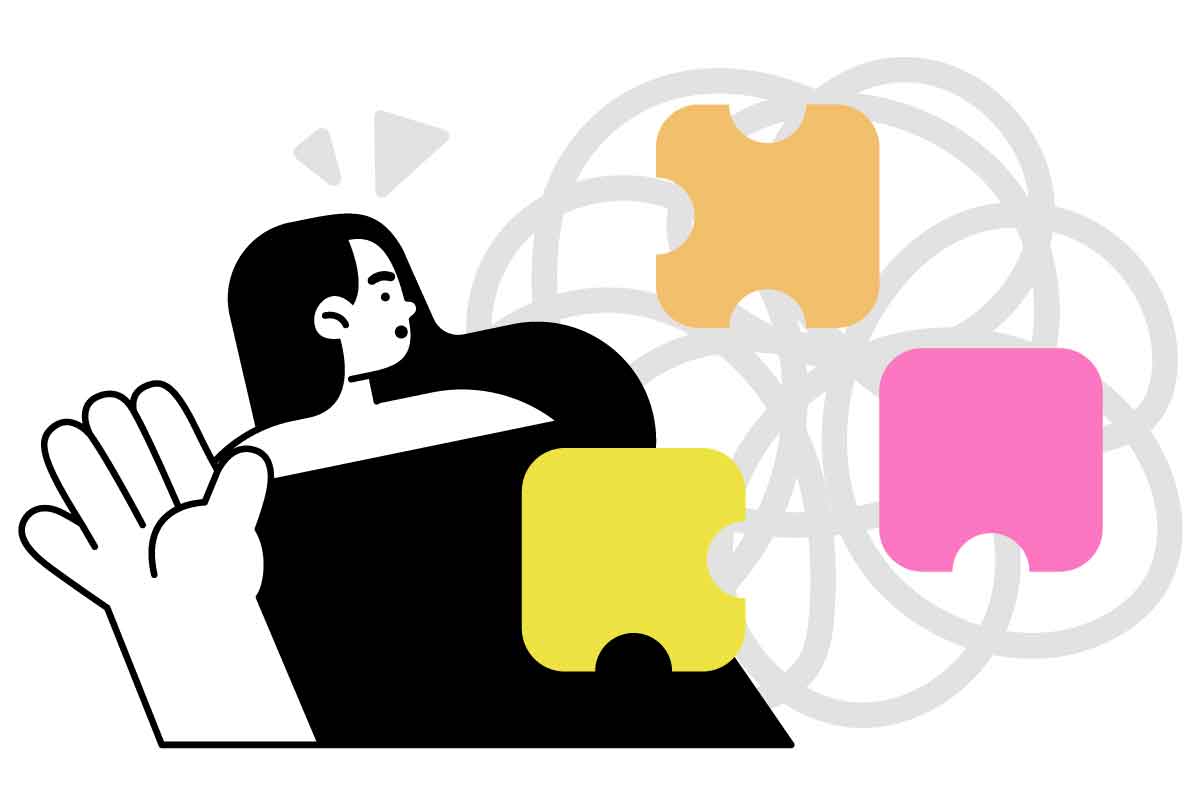When it comes to acquiring assets for your business, you may find yourself faced with the decision between a finance lease or hire purchase. Both of these options allow you to spread the cost of the asset over time, but they differ in several key ways.
In this article, we will explore the differences between finance lease and hire purchase, as well as the pros and cons of each, to help you make an informed decision.
Featured pro tools
What is a finance lease?
A finance lease is a contract where the business leases an asset from a leasing company for a fixed period of time, typically between two and five years.
During this time, the business pays a fixed monthly rental fee to the leasing company, which covers the cost of the asset as well as interest charges.
At the end of the lease period, the business can either return the asset, extend the lease or purchase the asset for a pre-agreed price.
Pros of a finance lease
- One of the main advantages of a finance lease is that it allows a business to acquire an asset without having to pay the full cost upfront. This can help to free up cash flow and reduce the strain on the business’s finances.
- Additionally, the rental payments made under a finance lease are often tax-deductible, which can provide significant cost savings for the business.
- Another benefit of a finance lease is that it allows a business to keep up to date with the latest technology and equipment. As the lease period is typically short, the business can return the asset and lease a newer, more advanced version at the end of the lease term.
Cons of a finance lease
- One of the main disadvantages of a finance lease is that the business does not own the asset at the end of the lease term. This means that the business cannot sell the asset to raise funds, and may have to continue paying rental fees if they want to continue using the asset.
- Additionally, the business may be responsible for maintaining and insuring the asset during the lease term, which can add to the overall cost of the lease.
- Finally, the business may be required to make a large payment at the end of the lease term if they wish to purchase the asset, which can be a significant financial burden.
What is a hire purchase?
A hire purchase agreement is a contract where the business agrees to buy an asset from a financing company, and pays for the asset in instalments over a fixed period of time.
During this time, the business has use of the asset, but does not own it until the final payment has been made.
Once the final payment has been made, ownership of the asset transfers to the business.
Pros of a hire purchase
- One of the main advantages of a hire purchase agreement is that the business owns the asset at the end of the payment period. This means that they can sell the asset if they need to raise funds, or continue to use the asset without having to make further payments.
- Additionally, a hire purchase agreement allows the business to spread the cost of the asset over a longer period of time, making it easier to manage cash flow.
- The interest rate charged on a hire purchase agreement is often fixed, which can provide peace of mind to the business, as they know exactly how much they will be paying each month.
Cons of a hire purchase
- One of the main disadvantages of a hire purchase agreement is that the business is responsible for all maintenance and repair costs for the asset.
- Additionally, the business may be required to make a large deposit at the beginning of the agreement, which can be a significant financial burden.
- Finally, a hire purchase agreement may not be tax-efficient, as the interest charges are often not tax-deductible. This means that the overall cost of the asset may be higher than if the business had opted for a finance lease.
Conclusion
When it comes to deciding between a finance lease and a hire purchase agreement, there is no one-size-fits-all solution. The choice will depend on your business’s specific needs and circumstances.
If you are looking for a short-term solution that allows you to acquire the latest equipment without tying up your cash flow, a finance lease may be the best option.
However, if you want to own the asset at the end of the payment period and have the flexibility to sell it or continue to use it without making further payments, a hire purchase agreement may be the better choice.
It is important to carefully consider the pros and cons of each option and seek professional advice before making a decision.
Your accountant or financial advisor can help you to evaluate the different options and choose the solution that best suits your business’s needs and financial situation.
In conclusion, both finance lease and hire purchase can be effective ways for businesses to acquire assets without having to pay the full cost upfront.
Each option has its own advantages and disadvantages, and the choice will depend on your business’s specific circumstances.
By carefully evaluating the different options and seeking professional advice, you can make an informed decision that will benefit your business in the long run. Read our business finance guide for more options.

